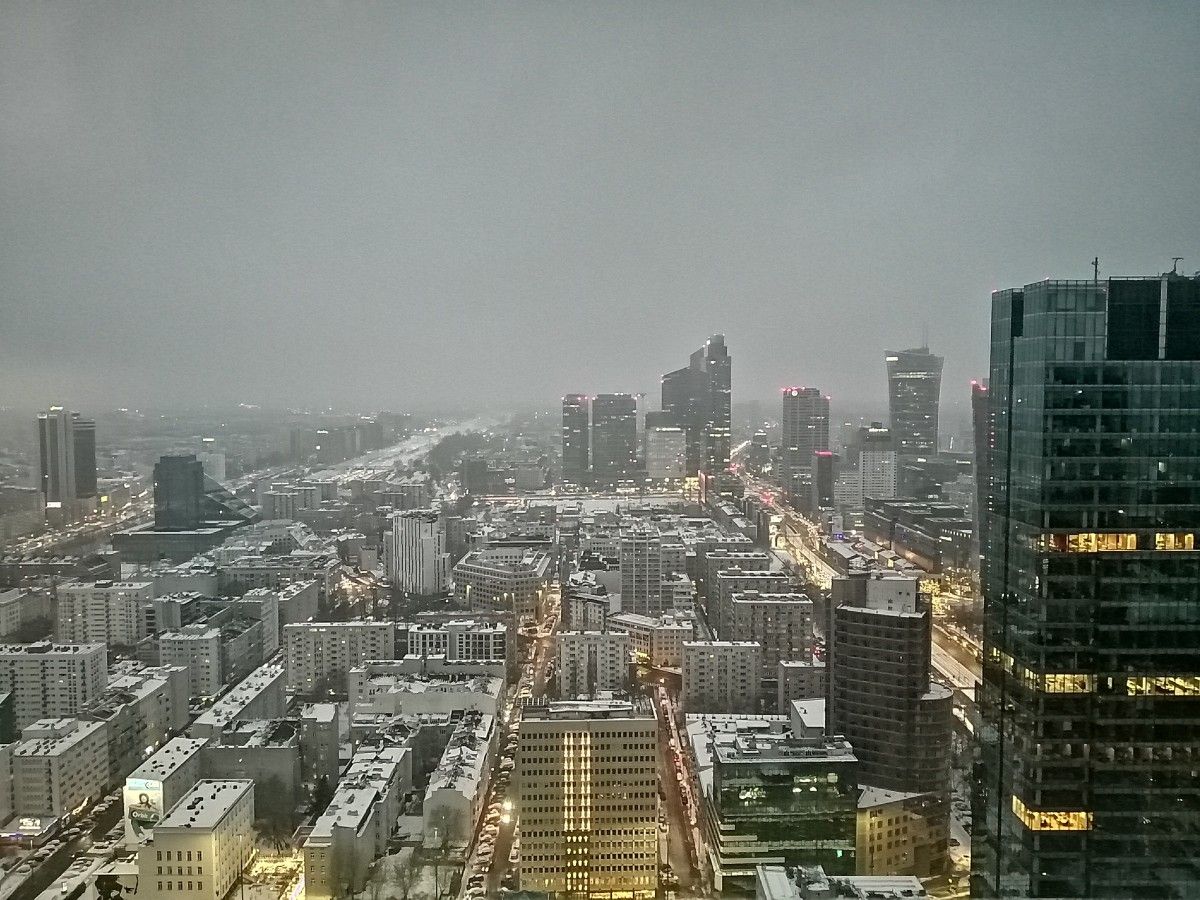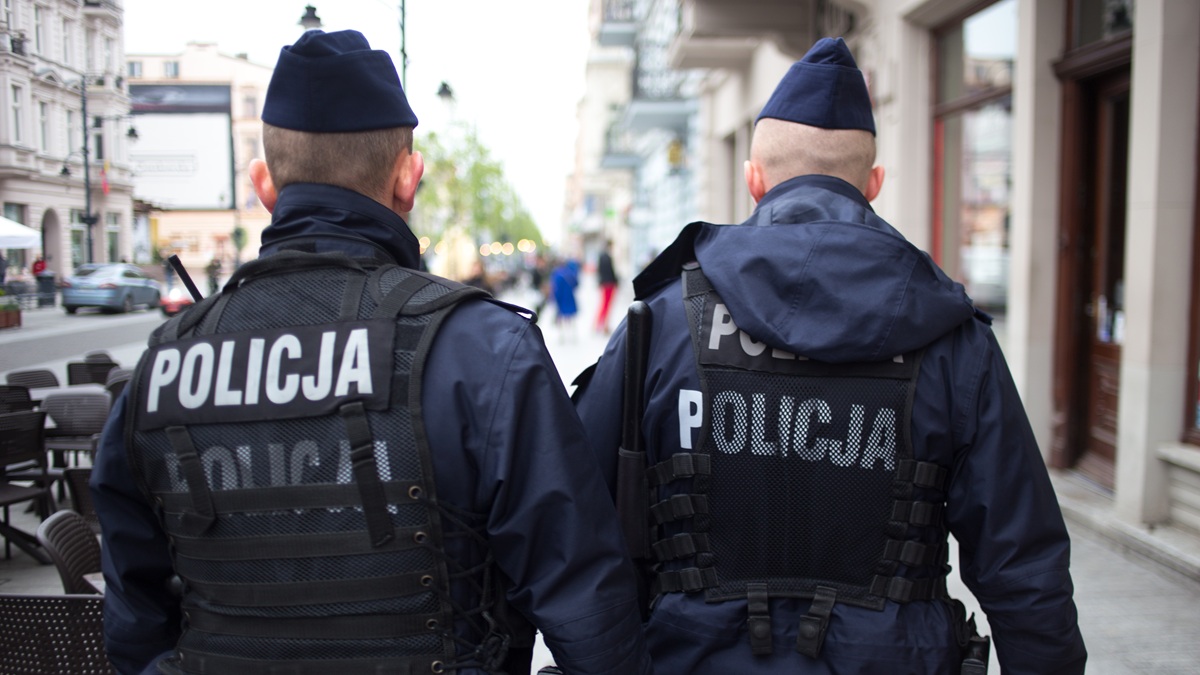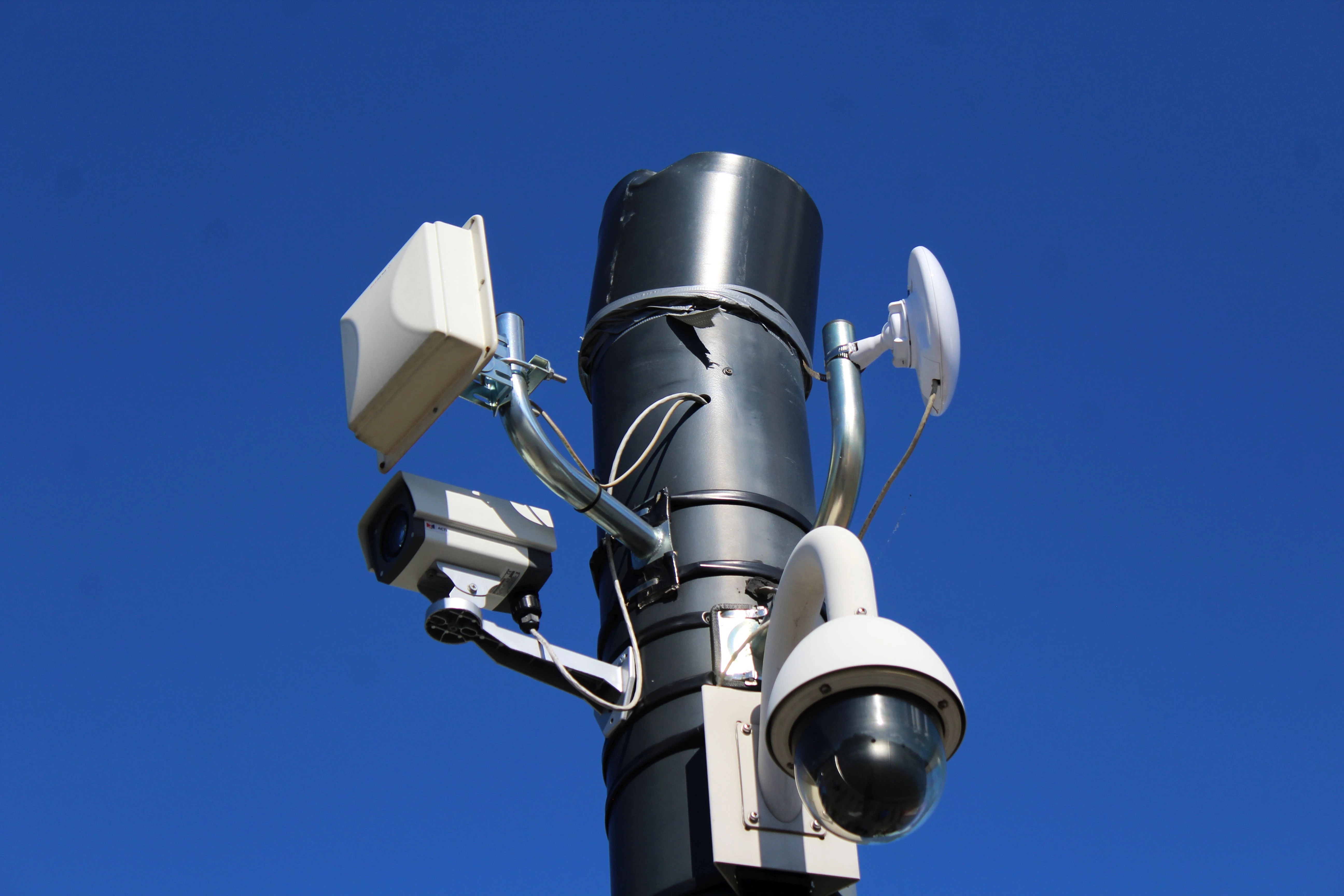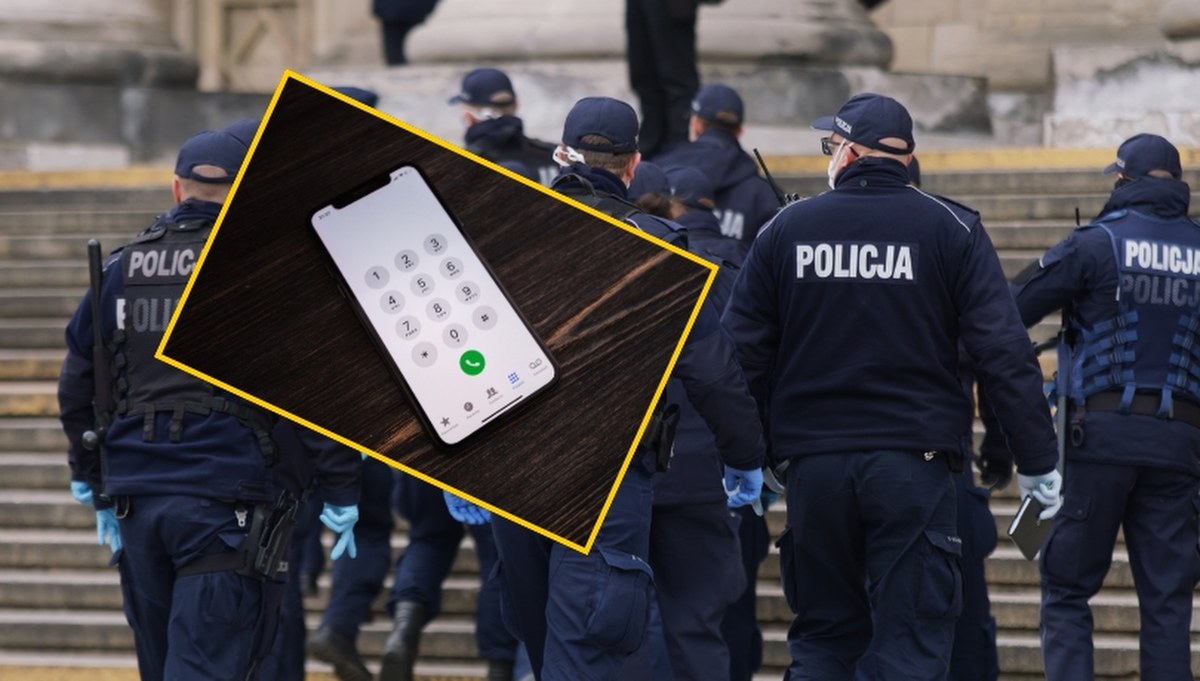Communities that have lost pubs, piers and parks could be regenerated through a tax on wealthy firms such as Amazon in an effort to rebuild social cohesion, a new report has suggested a year on from the summer riots.
The trouble, which spread through parts of England and Northern Ireland following the Southport killings, should have been a "wake-up call", the report said.
Disorder broke out after the murder of three girls at a Taylor Swift-themed dance class in the town on 29 July last year.
It quickly spread to other areas, with mosques, community centres and libraries attacked while hotels housing asylum seekers were also targeted.
The far-right “capitalised on Southport’s disrepair to sow disorder”, the Institute for Public Policy Research (IPPR) said, as the paper it commissioned noted a “fight for investment in local amenities has garnered little attention” in the aftermath.
The report warned of a "pincer movement of abandonment and gentrification" which has gradually seen community spaces lost and increased isolation of people in many areas.
Referring to previous research, the report said 50 UK pubs close for good each month, an estimated 600 youth clubs shut between 2012 and 2016 and London lost almost 10 local authority-run community spaces a year between 2018 and 2023.
Amazon tax proposal
The report has suggested a "21st-century welfare fund" raised through a so-called Amazon tax, whereby warehouses and distribution centres are subject to higher levies or online sales taxes.
It argued online retailers which build "giant structures" often do not contribute "sufficiently to the communities around them".
A tax on companies with revenues over £1 million could help generate "larger, more sustained resource for communities than current community regeneration efforts", the report said.
It added: “If there is a thread connecting the high-octane events of late July (2024) and the slow local politics of the pier, it is the loss of physical spaces where we might come together, and the radicalisation of some of the digital spaces that have replaced them.
“There is an appetite for community action, as the campaign for the pier shows, but a lack of investment and space.
“In the absence of structures which might foster wider solidarities, many retreat into the sphere of the home, or worse, into ethno-nationalist fantasies of muscular sovereignty.”
Report author Dr Sacha Hilhorst said: "The Southport riots were a wake-up call - a stark reminder of what can happen when communities lose the places that once brought people together. In the absence of shared spaces, misinformation and hate can fill the void, creating tinderbox conditions for violence.
“Rebuilding local infrastructure isn’t just about nostalgia – it’s a vital bulwark against division and the dangerous pull of the far right.
“But communities are not apathetic. They are crying out for places to gather, to organise, and to belong. We need a new generation of institutions to help them do just that.”
Dr Parth Patel, associate director at the IPPR, said: "Where shared spaces are lost, a sense of decline and disconnection takes root - and with it, dangerous alternatives thrive. The far right is exploiting the void where solidarity used to live - they capitalised on Southport's disrepair to sow disorder."
“The far right is exploiting the void where solidarity used to live – they capitalised on Southport’s disrepair to sow disorder.
“If we’re serious about social renewal, we must rebuild the civic infrastructure that once helped people support each other and shape their communities.”
A Government spokesperson added: "The disorder that affected communities across the UK following the Southport tragedy highlighted the need for a new approach to community cohesion.
“It’s clear that central government has lacked strategic focus on social cohesion for many years, which is why this government is working to develop a longer-term strategy to tackle divisions in our communities and build common ground.
“One of the most effective ways to respond to the frustrations that fester is by improving peoples’ lives, and the places in which they live, and through our Plan for Neighbourhoods we are already investing £1.5 billion across 75 areas in the community services local people need and making real improvements they can see on their doorsteps and in their communities.”
(PA) Note: This article has been edited with the help of Artificial Intelligence.











